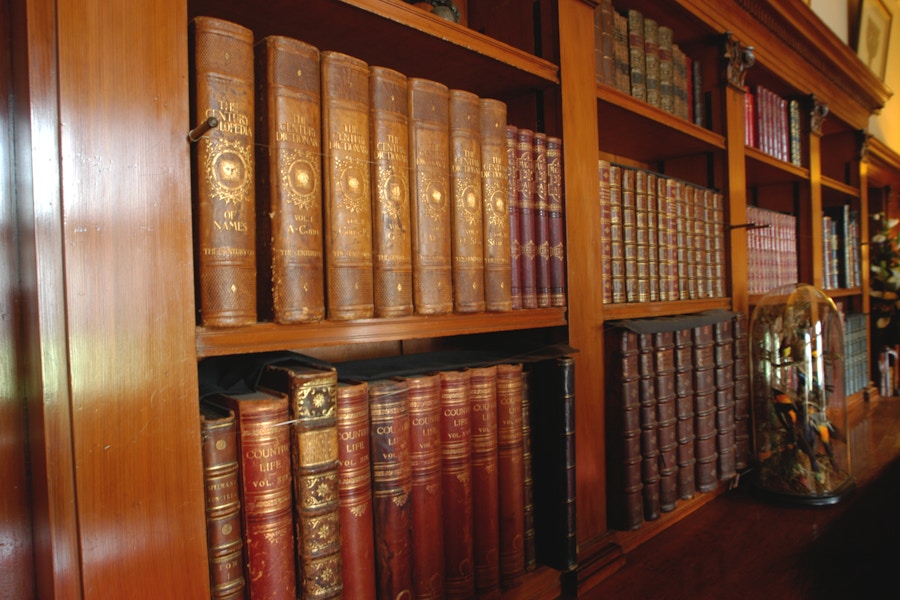Tom Oden was an immensely learned man. When I think of him as a ten-year-old boy, I chuckle. What kind of kid would secret himself in his dad’s law office and surreptitiously read his father’s law books? “I liked the smell of the leather of the books, the quietness and the invitation to learn. Thick books were on every wall, floor to ceiling, protected by glass enclosed bookcases. His most valuable possessions were his books. I loved to tiptoe into his hushed library and spontaneously read on any random page of any of his weighty volumes of the Corpus Juris.” Yes, I can imagine Tom asking himself, “I wonder what’s in that book, or in that one? What do all these interesting law words mean? What do the laws themselves mean?”
Today as I reflected on Tom’s recollection of his dad’s library, I pondered the wonder of God’s providence. I pictured a young boy growing up in the dust-bowl years of Oklahoma, one who learned the value of hard work as he dug post holes in tough, hard-scrabble turf in the Oklahoma heat. Still, while he worked with his hands, an active, lively, inquiring mind was developing. Tom was wired by God to think, to write, to read, to listen, and to lead.
When Tom recalled his formative years, he spoke about his warm family life; God gave him a mother and father who loved him dearly, and a home filled with music and books, laughter and lively discussion. The Lord gifted Tom with the family, space, and time for his body, mind and heart to lean in to key values that would shape his thinking, hone his character and disposition, and guide his responses to life’s various gifts, invitations, and challenges.
Tom writes of reading Ralph Waldo Emerson’s Self-Reliance at the age of ten. “Dad purchased a set of small leather-bound books containing the shortened versions of classics such as Hamlet, Rousseau and the ballads of Robert Burns. One of them was Emerson’s Self-Reliance. I read it at an early age, maybe ten. Because of Emerson’s book, self-reliance became a key aspiration in my search for character.” What an unusual boy — a ten-year-old kid from Oklahoma mining for character as he sifted through the lines of a book.
Tom’s thoughts on Emerson’s book draw my mind back to the reading invitations offered to me in my childhood years. Two happy memories come to mind. I still sense the excitement I experienced when the local “book-mobile” swung by my neighborhood in Medford Lakes, New Jersey. The book-mobile was a book store on wheels for kids. When I stepped into its brightly lighted interior, lined with Scholastic Books on a wide range of subjects, I was eager with expectation. I, too, was offered an invitation to learn.
“The Landmark Book Club” is my second happy reading memory. The book club offered accessible history books for young readers. As a book club member, I received one volume a month. Texts on Abraham Lincoln, George Washington, Sam Houston, and Clara Barton come to mind. How long it took for the books to arrive in the mail! “Will it come today?”, I often asked myself as I peered out the living room window, waiting for the postman to appear at the mailbox.
I’m drawn again to Tom’s description of his dad’s law office library. It offered “quietness” and “the invitation to learn” — a peaceful environment for undistracted learning. I ask myself what are the learning environments that have formed my character and expanded my knowledge? What are the books that have nourished me and the books that have starved me, sucking the life out of me? What invitations to learn have I accepted? And rejected? What invitations are presented to me this day? What words have borne the weight of truth to my mind and my life? And which have been empty, insubstantial, insidious, false words that appeared to offer light but led into darkness?


